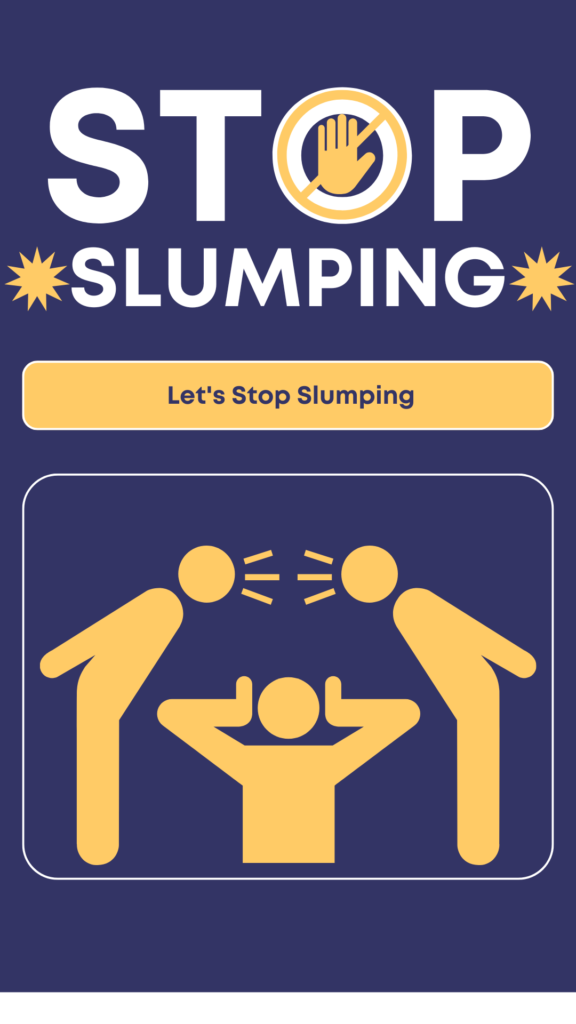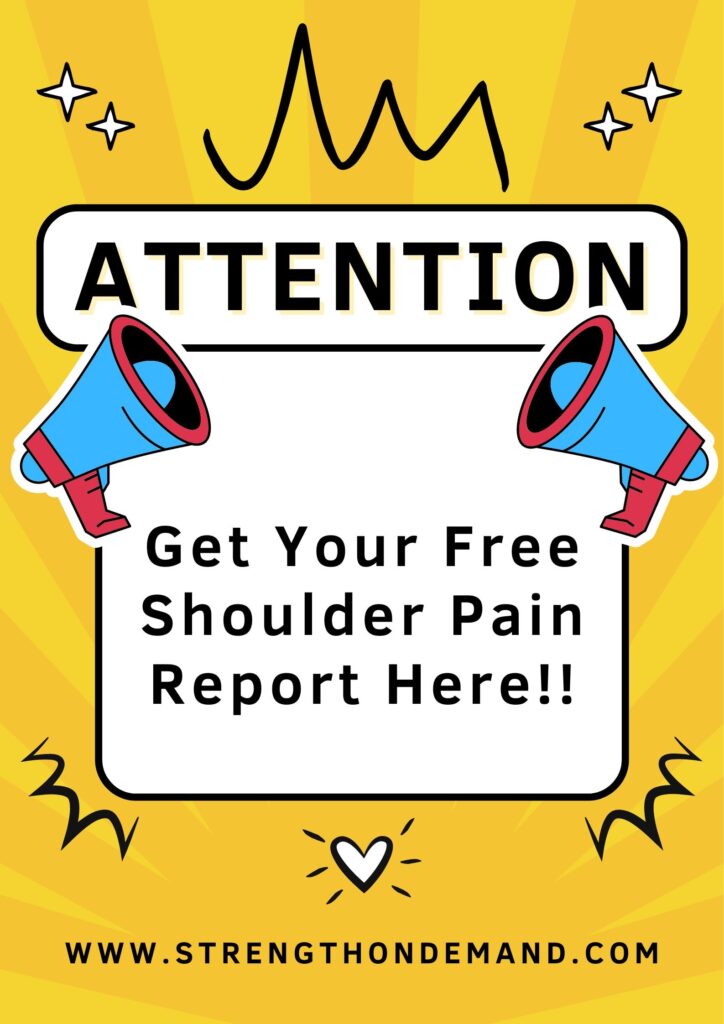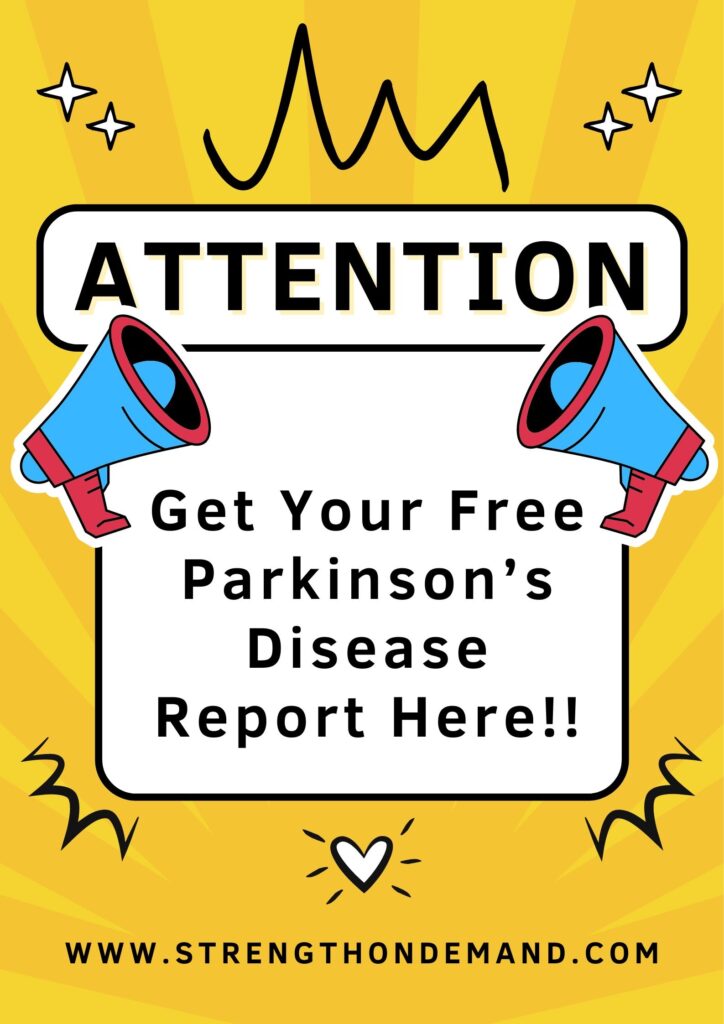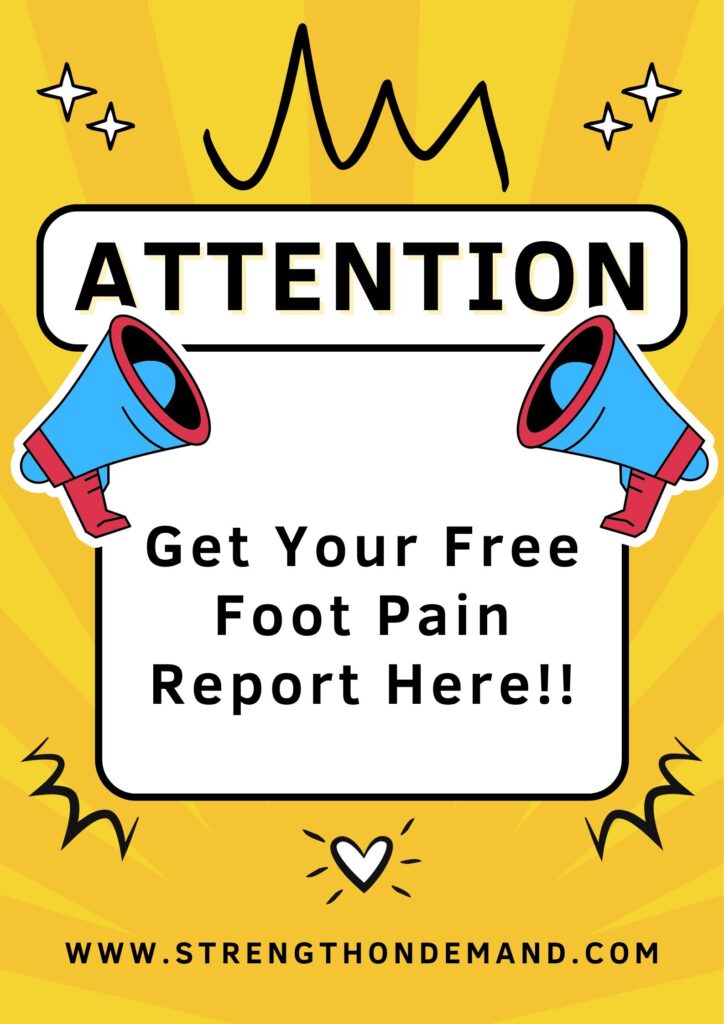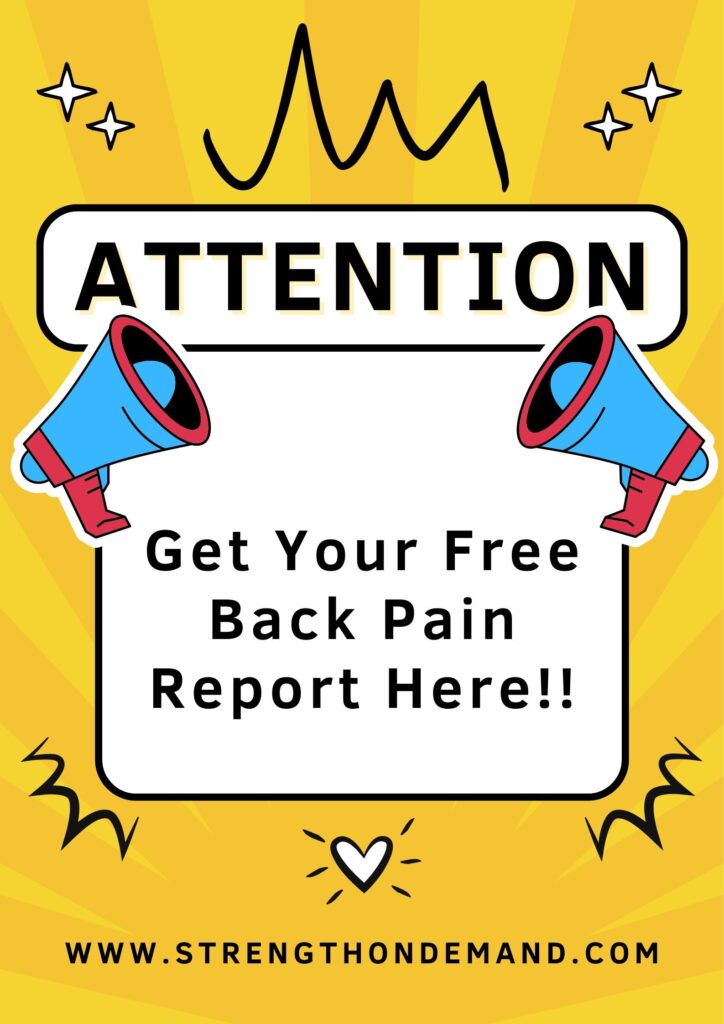Are you tired of being told, “Sit up straight! Stop slouching!! Pull your shoulders back!!!?”
They may even go on to tell you, “This is why you are in so much pain…your posture is horrible!”
But is this true? Is there a perfect posture?
So, for the longest time, proper “perfect” posture was a big thing regarding pain relief.
As Physical Therapists, we would spend a great deal of time educating our patients on how they should sit and stand and that for however long they were in the sitting or standing position, they MUST maintain “perfect” posture. But over time, I have realized that there is no “perfect” posture.
The only “perfect” thing to do is to safely transition from one position to another, and to do so frequently.
Too much sitting is no good. Too much standing is no good.
Now I do believe that when we sit or stand, we should avoid extreme postures such as hyperextension of the spine, hyperextension of the knees, slumped spine, forward head posture, and I educate my patients on finding a more neutral posture that minimizes stress on the joints, muscles, tendons, ligaments, etc…
Try to maintain a neutral posture when in sitting or standing, but don’t be paranoid. Just make sure to keep moving from one position to another. The body wants to move. Like one of my patients told me, “When we rest, we rust.”
Now you may be wondering, “Why do I slump?”
There are two main causes…physical and mental. Here are some common reasons and solutions:
Physical Slumping
1. Poor Posture:
- Reason: Sitting or standing with poor posture can lead to slumping.
- Solution: Be mindful of your posture. Sit with your back straight, shoulders back, and feet flat on the floor. Ergonomic chairs and desks can help maintain good posture. Work with a Physical Therapist to have your current posture assessed so that you can learn exactly what to do to correct it.
2. Weak Core Muscles:
- Reason: Weak abdominal and back muscles can’t support proper posture. Some of my patients have been in bed for so long due to hospitalization that their core/trunk muscles have weakened to the extent that they can’t even sit upright on the edge of their bed.
- Solution: Incorporate core-strengthening exercises like planks, crunches, and back extensions into your fitness routine. A Physical Therapist will be able to customize a program specifically for your needs, taking into consideration any medical issues, aches and pains that you may currently be feeling.
3. Fatigue:
- Reason: Tired muscles are more likely to slump. It takes effort to sit and stand tall. You may notice some people stand with their knees extending backward, beyond the straight position. They are resting on the end range of their knee joints, rather than relying on their muscles to hold them up.
- Solution: Ensure you get enough sleep and take breaks throughout the day to rest and stretch. If you have a desk job, try to stand and walk for 5 minutes each hour. Take a walk to the bathroom or the breakroom if possible. Remember, extreme positions are what we are trying to avoid. Sitting in the flexed position stretches out the posterior muscles and shortens the anterior muscles or muscles at the front of your body. So standing will counteract this.
4. Inadequate Furniture:
- Reason: Non-ergonomic chairs and desks can contribute to poor posture.
- Solution: Use adjustable furniture that supports your body correctly. One session with a therapist will provide you with the proper advice needed to correct your workstation, such as chair height, monitor location, mouse location, etc…
Mental Slumping
1. Lack of Motivation:
- Reason: A lack of interest or drive can lead to a mental slump. Someone who has ‘given up’ or feels defeated never looks confident.
- Solution: Set clear goals, break tasks into smaller steps, and reward yourself for achievements. Try to think positively and focus on building your self-confidence. We see it so often on TV and in everyday life, that the confident person walks around with his chest out, shoulders back, while the not so confident person moves around sheepishly, looking down.
2. Stress and Anxiety:
- Reason: High stress levels can cause mental fatigue and decreased focus. This is similar to the physical cause fatigue described above.
- Solution: Practice stress management techniques such as mindfulness, meditation, and regular physical activity.
3. Burnout:
- Reason: Prolonged stress and overwork can lead to physical and mental exhaustion. You just don’t want to move and anything you do, you do it sluggishly. You are so burnt, you can’t even hold your head up.
- Solution: Ensure a healthy work-life balance, take regular breaks, and seek support if needed.
4. Boredom:
- Reason: Monotonous tasks can lead to disengagement.
- Solution: Introduce variety into your tasks, try new activities, and find ways to make your work more interesting. Break up the monotony of your workday. Keep moving. If you are exhausted from performing one task, move onto another for the time being.
In a Nutshell…General Tips to Avoid Slumping
- Stay Active: Regular exercise can improve both physical and mental health. It helps you feel invigorated and ready to take on the world.
- Hydrate: Dehydration can cause fatigue and decrease focus.
- Healthy Diet: Eating a balanced diet can help maintain energy levels. Stop processed junk food! I feel sluggish whenever I eat processed foods or food high in sugar.
- Regular Breaks: Take short breaks to stretch and move around, especially if you sit for long periods. Remember, there is no such thing as “perfect” posture.
- Mindfulness: Practice mindfulness or meditation to stay present and reduce stress.
At Treasure Coast Physical Therapy and Fitness, we recognize that each individual is unique, with specific needs that require personalized attention. Are you seeking tailored guidance beyond standard exercises?
If you’re unsure whether physical therapy is the right fit for you, we offer a range of treatment options to address various concerns. From Custom-Made Orthotics to Stretch Therapy, Soft Tissue Mobilization, KAATSU Training, and a variety of Physical Therapy techniques, we have solutions to suit your needs.
Consider starting with a Free 30-minute Discovery Visit. During this session, you’ll meet with our experienced therapist to discuss your health concerns in detail. We’ll take the time to understand your goals and create a customized approach to meet your needs.
If you prefer the convenience of a telephone consultation, we also offer that option. You’ll have the opportunity to speak with a knowledgeable therapist about your concerns and explore how our treatments can benefit you.
Whether you opt for an in-person Discovery Session or a telephone consultation, our aim remains the same: to empower you with the information and support needed to make informed decisions about your health.
Take the first step toward a brighter, pain-free future by reaching out to book your appointment with us today.

